|
Genres, Themes, Actors, and Directors:
- Cat-and-Mouse
- Edward Arnold Films
- Guilt
- Josef von Sternberg Films
- Peter Lorre Films
Review:
Shortly upon his arrival in Hollywood (after escaping the rise of Nazi power in Europe), Peter Lorre began a successful campaign to convince Columbia Pictures to allow him to star in an adaptation of what is arguably Fyodor Dostoyevsky’s best-known novel, Crime and Punishment (1866). Josef von Sternberg was brought on board to direct, but apparently considered it merely a contractual obligation and held it in low esteem, given its decidedly loose connection with the original text. The resulting film is a radically truncated yet thematically coherent variation on the novel, with atmospheric cinematography and direction, and an earnest if occasionally overly theatrical performance by young Lorre.
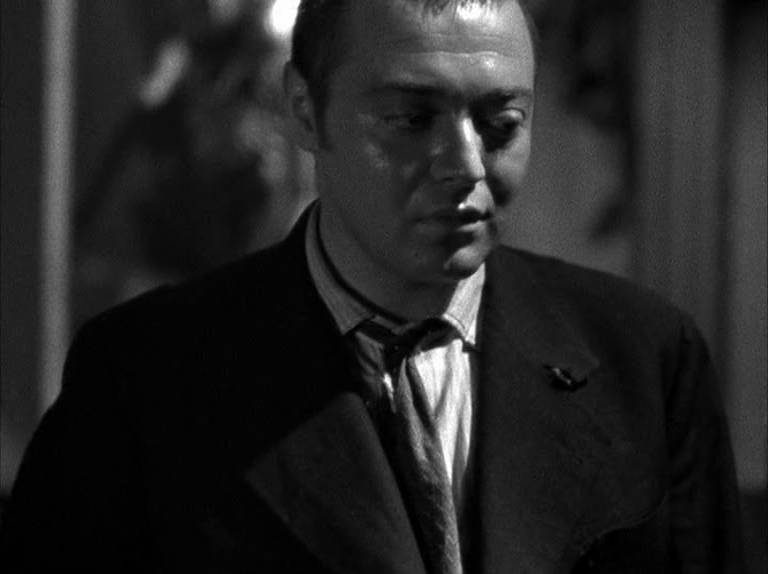
A romantic subplot involving a prostitute-with-a-heart-of-gold (Marian Marsh) who’s helped by Lorre, then wants to help him in return, comes across as a bit manufactured:
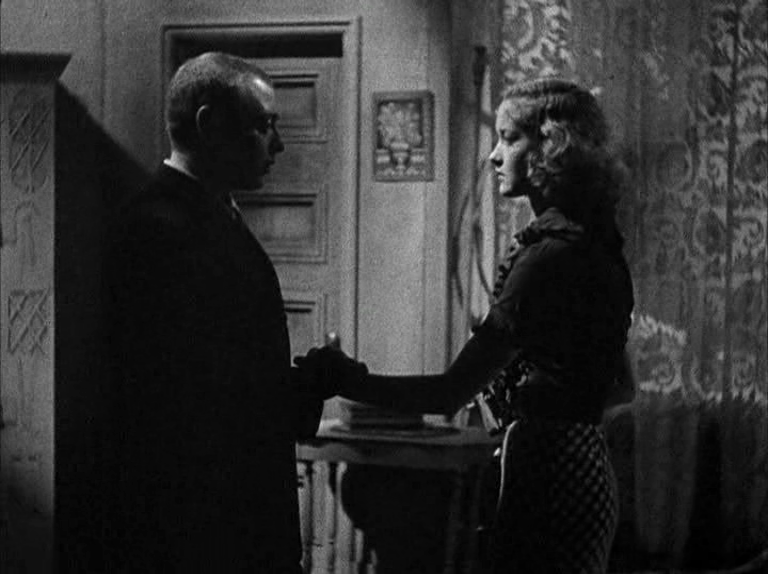
… but the interplay between Lorre and Arnold remains tense and authentic throughout.

This one’s worth a look, even if it’s not quite must-see viewing.
Redeeming Qualities and Moments:
- Atmospheric cinematography (by Lucien Ballard) and direction (by von Sterberg)
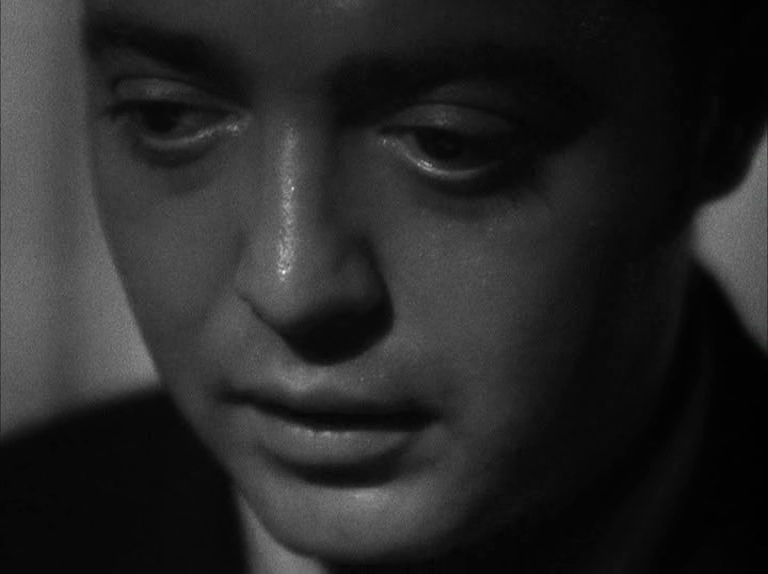

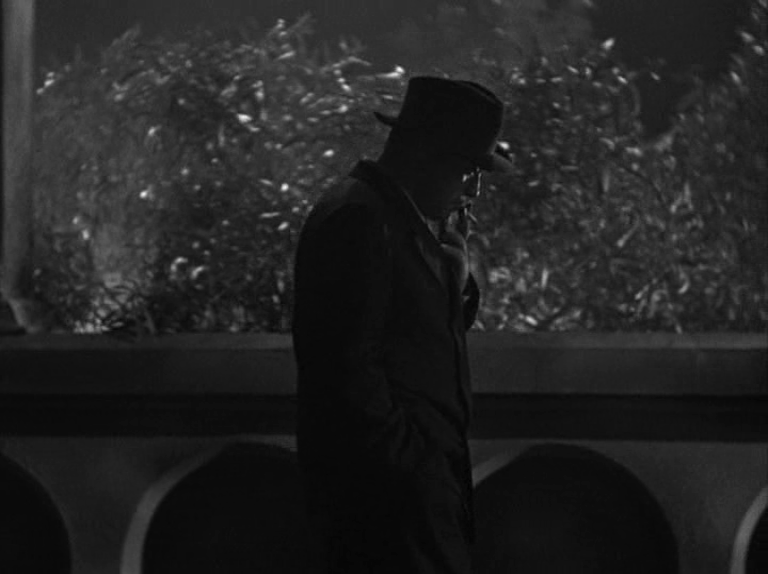
Must See?
No, though it’s recommended as an accessible, atmospheric introduction to Dostoyevky’s classic novel. Listed as a film with Historical Importance in the back of Peary’s book.
Links:
|
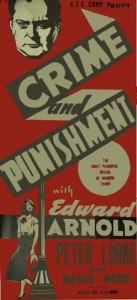






One thought on “Crime and Punishment (1935)”
A once-must – for the positive reasons pointed out in the assessment.
True, it’s not the book (as most movie versions of books aren’t) but, agreed, it is an “accessible, atmospheric introduction” to it – it works well on its own terms and one can’t help but get caught up in it.
If von Sternberg thought little of the film as a project or an accomplishment, you wouldn’t know that from watching it. The director seems to have layered the work with care and precision throughout, creating an evocative, appropriately shadowy tale of despair mixed with irony. At the very least, it is a sharp portrait of genius mixed with unfortunate hubris – which Lorre presents flawlessly. (I don’t happen to think the actor is “overly theatrical”; Lorre does the ‘on his last nerve’ bit quite well.) He seems to get pissed off at himself when he discovers that what he thought – and took pride in understanding ‘perfectly’ in theory – about crime can unravel when the practice of it meets with a number of unknowns. Lorre’s Raskolnikov does indeed come unglued and the actor is fascinating in the process.
The director also gets fine supporting work from Mrs. Patrick Campbell as the Pawnbroker from Hell and Marian Marsh, whose Sonya is one of the least syrupy of damsels in distress. As a refreshing change from his usual ‘baddie’ roles, Arnold is seen to advantage as an intelligent, often compassionate and friendly Inspector.
Overall, this film is probably somewhat underrated and well worth a look.